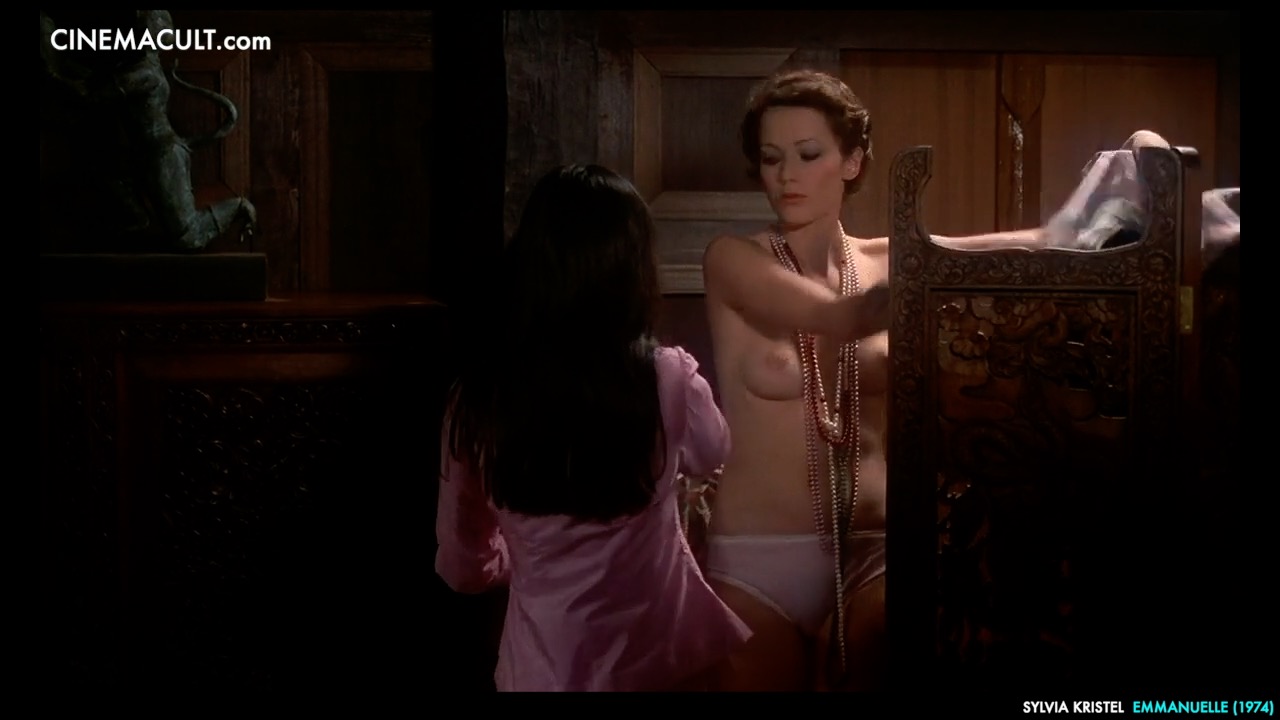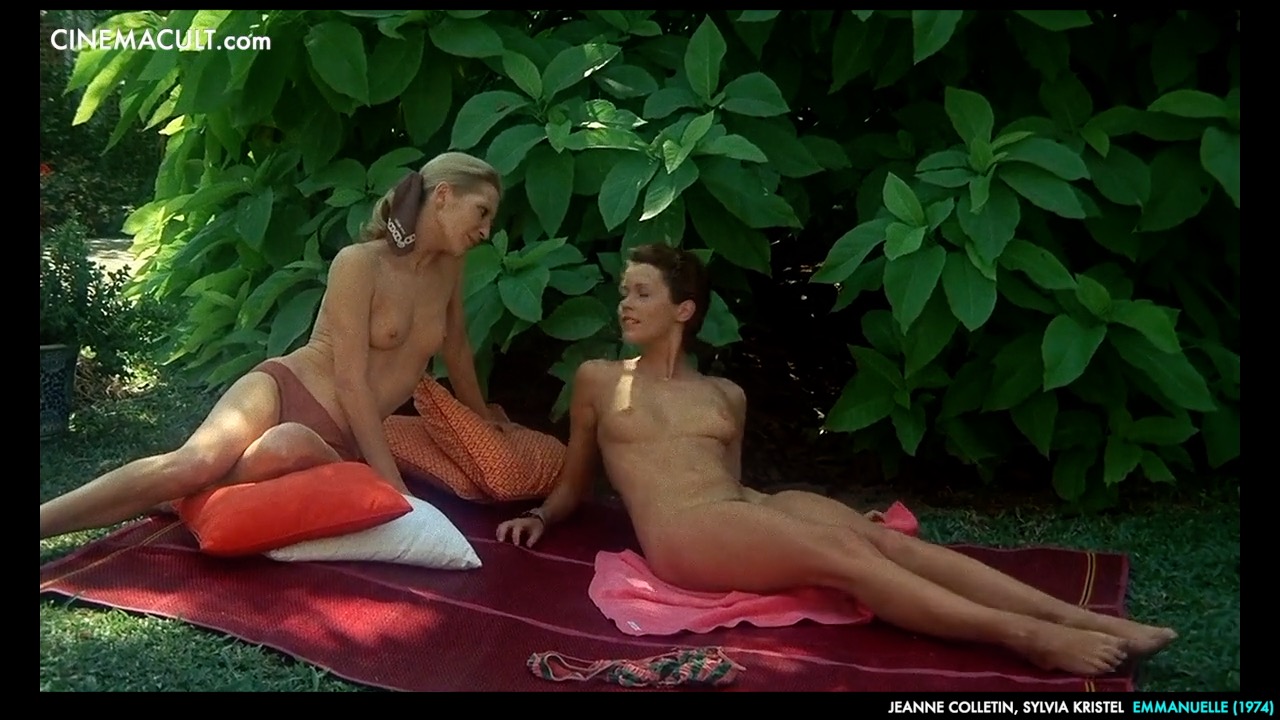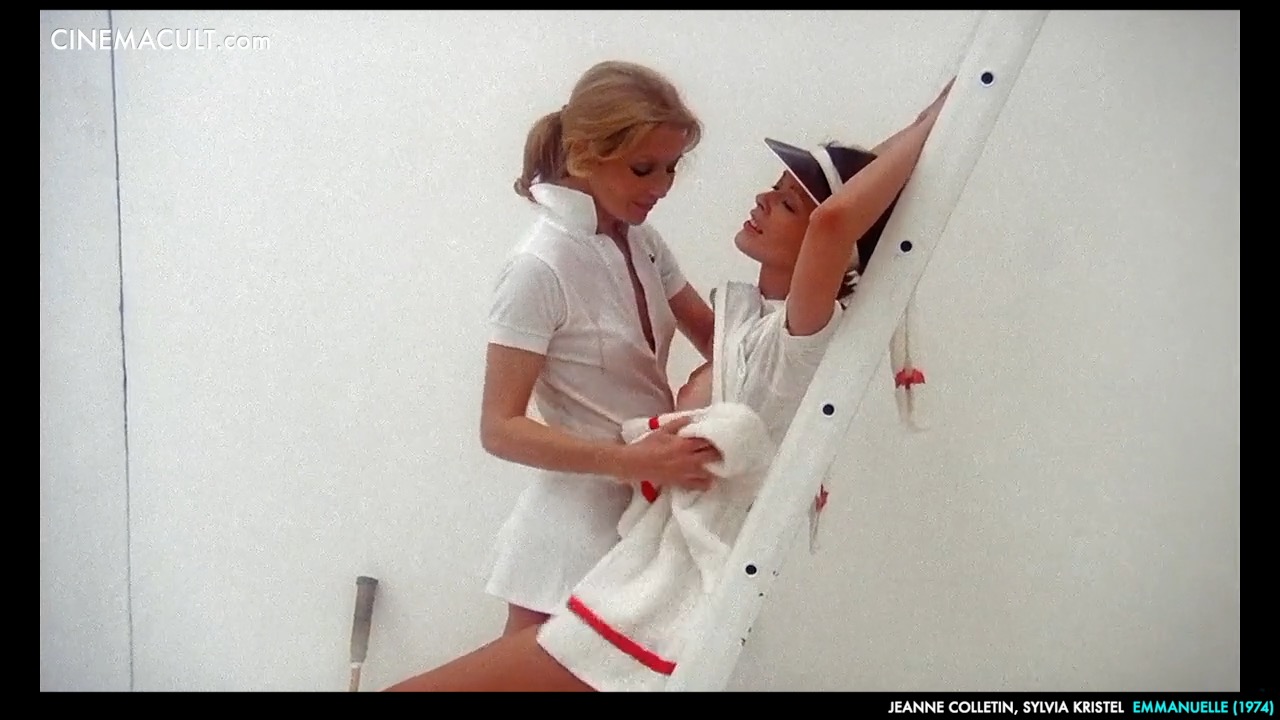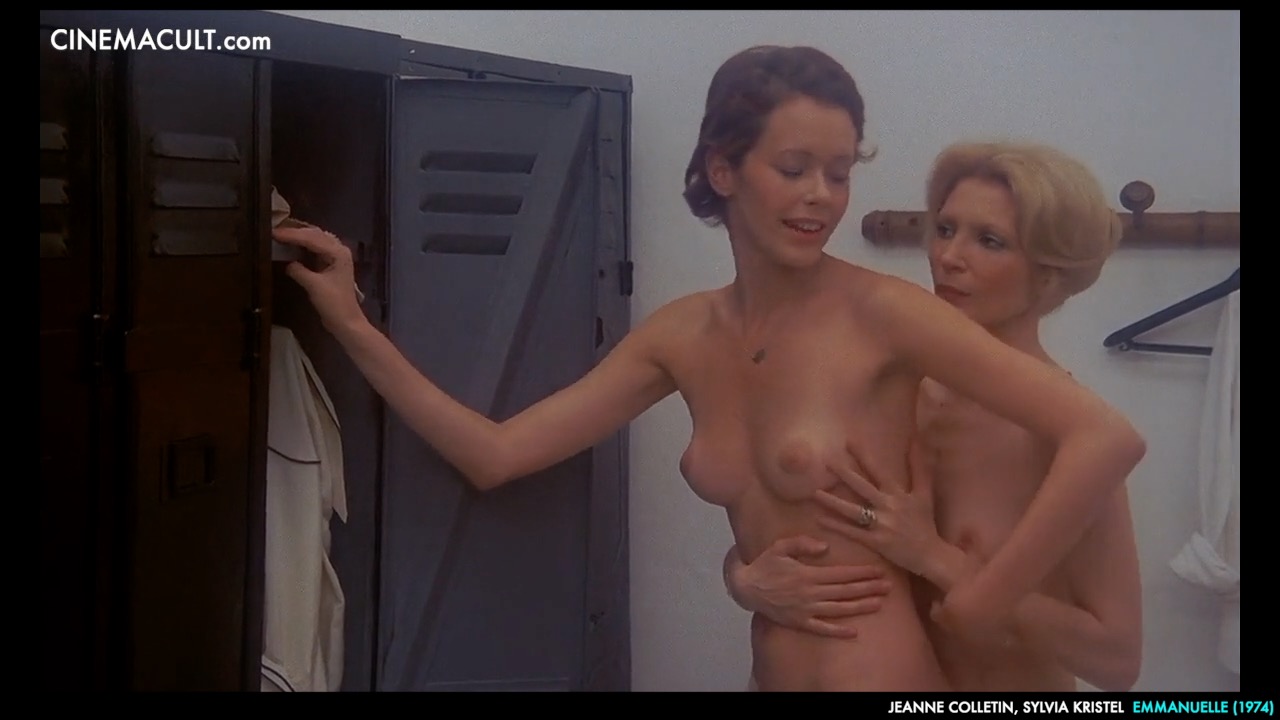
From the forbidden pages to the big screen, the story of a phenomenon that redefined eroticism in the 20th century.
In the world of erotic literature and cinema, few names leave as deep an imprint as Emmanuelle does. Born from the pages of a controversial French novel, this character became a cultural icon, a sexual liberation and erotic sophistication symbol.
In 1967, the French literary world was shaken by the anonymous publication of Emmanuelle. This book was said to be based on the author’s real experiences, and narrates the erotic adventures of a young French woman in Bangkok, skillfully mixing explicit scenes with philosophical reflections on sexuality. The identity of the author remains shrouded in mystery to this day. Officially attributed to Emmanuelle Arsan, a pseudonym for Marayat Rollet-Andriane, speculation persists about the involvement of her husband, Louis-Jacques Rollet-Andriane, in the writing of the text. This ambiguity fuels the fascination surrounding the work.
Initially banned in France, Emmanuelle quickly became an underground bestseller. The stop of the ban in 1968 marked the beginning of a new era for erotic literature. This book established itself as a seminal work, catalyzing discussions on feminism, sexual freedom, and the representation of female eroticism. Plus, it became a bestseller among the common people.
Emmanuelle‘s real triumph came with the 1974 film adaptation. Director Just Jaeckin chose the beginner Sylvia Kristel as the main character, selected among 200 actresses. The choice proved to be ingenious: Kristel, with her ethereal beauty and her sensual but not vulgar performance, perfectly embodied the essence of the character.

The film becomes a phenomenon with no precedents. It remained on the Champs-Élysées for 13 consecutive years, an extraordinary record. Despite its explicit content, it avoided the X classification in many countries, thanks to an approach many defined as “artistic”. Pierre Bachelet’s soundtrack further contributed to its success, becoming popular independently from the film.

The success of Emmanuelle generated a real cinematic subgenre, with numerous official and unofficial sequels. Sylvia Kristel remained associated with the role for much of her career, becoming synonymous with the character. But Emmanuelle’s impact goes far beyond erotic cinema. The name became synonymous with sophisticated eroticism in popular culture, influencing fashion, advertising, and even vocabulary. The Emmanuelle phenomenon represents a turning point in the representation of female eroticism, making the way for a freer and more positive vision of female sexuality.

Decades later, Emmanuelle remains a great chapter in the history of 20th-century pop culture. From controversial book to cult films, this character challenges conventions, redefines the boundaries of acceptability, and leaves an indelible mark on the collective imagination. In an era of constantly evolving sexuality, Emmanuelle‘s story reminds us of how long and complex the path toward a freer and more open representation of sexuality in mainstream culture is.
